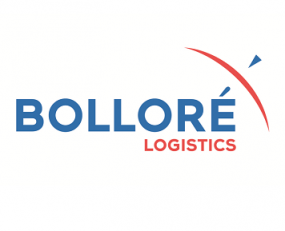
France’s Bollore Group is faced with a challenging trading environment, as it appears that its diversified asset base is proving to be more cyclical than many investors expected.
Reported revenues in the first quarter fell 9% to €2.4bn, and excluding currency adjustments sales were down 7% year-on-year, its results showed on 13 May.
“These developments were chiefly the result of the 25% decline in the oil logistics business, subsequent to the drop in prices for petroleum products,” it said.
On a constant-currency basis, it experienced “a decline in transportation & logistics (down 5%), a rise in communications (up 3%) and electricity storage & solutions (up 17%)”.
Its oil unit turned over less than half a billion euros and was badly hurt by lower oil prices and declining volumes. The division is now responsible for only 19% of group turnover, compared to almost 24% of total revenues one year earlier.
The core transport and logistics unit, which represents 56% of total quarterly revenues, reported just over €1.3bn in sales, down 8% on a reported basis. Volumes rose in its main markets across the globe, but lower commodities and oil prices in Gabon, Congo, Nigeria, Mozambique and Angola weighed on its performance.
In the first quarter, Bollore won the mandate from the government of East Timor to build and operate the Dili deepwater port under a private-public partnership. The project is backed by the IFC, and involves the construction of a 630 m pier, 15 m depth alongside and a terminal area of 24 ha.
Driven by Havas, its communications division grew revenues by 6% on a reported basis to €516m, but was impacted by currency headwinds. Havas continued to grow in all regions and especially in Europe, Latin America and Asia-Pacific.
With less than 3% of group revenue, the tiny electricity storage and solutions business saw a 17% growth in its top-line, benefiting from rising “plastic film activity, growth in Bluecar and Bluebus sales, and steady growth in car sharing, with a fleet of 4,700 electric vehicles, and 1,300 charging stations equipped with 7,400 charging terminals”. Car-sharing represents approximately 5.3m rentals per year, Bollore added.
However, the outlook for all units is mixed.
The 10% plunge in its share price in the two trading sessions that followed the quarterly announcement confirmed recent trends, and also indicates that investors may have reasons to be concerned about its dividend prospects if challenging market conditions persist.
Source: Transport Intelligence, 25th May 2016
Author: Alessandro Pasetti